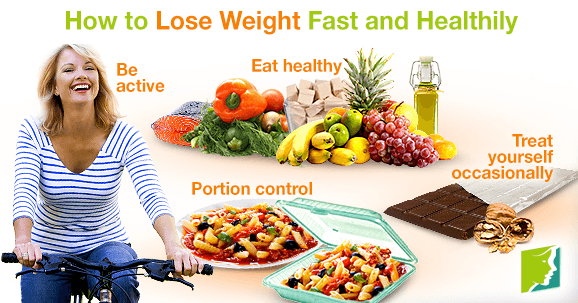

Applying healthy diet in cancer prevention is an effecting treatment and preventive solution
Applying healthy diet in cancer prevention: Healthy living
When planning a healthy diet with cancer in mind, it is different from when you are doing the same for your daily feeding practice. For that kind of program to work effectively, it would be very important that you seek for the expert’s opinion. Doctor Dalal Akoury MD and also the founder of AWAREmed Health and Wellness Resource Center is just a phone call way for all your health needs. As you consider calling the following are some of the applicable suggestions and guidelines you can apply:
Shun from taking foods and drinks rich in sugar – Food elements like sodas, sports drinks, fruit drinks, cakes, pies, and cookies are very high in empty calories and fat and low in important nutrients like vitamins, minerals, and fiber. They are not the type to go for under these circumstances.
Go for more of fresh produced foods of a variety of vegetables, fruits, whole grains, peas, beans, lentils – A plant-based diet is made up of foods that come mostly from plants. Plant-foods are more wholesome and are rich in fiber, vitamins, minerals, antioxidants and phytonutrients (plant nutrients). Phytonutrients help to protect the cells in the body from damage and help boost the immune system.
Limit processed meats and red meats – Processed meats are generally smoked, cured or salted. Processing of cold cuts, sausage, bacon, ham and hot dogs adds cancer-causing substances like salt or sodium nitrite. Studies have linked eating large amounts of processed meats with an increased risk of colorectal cancer. Health experts recommend that red meats like beef, lamb, and pork should be limited to no more than 18 ounces a week. If meat is part of the diet, it is better to eat lean meats, fish, poultry, or beans. Cook by baking broiling, poaching or steaming, instead of frying.
Avoid alcohol – Women who drink alcohol should drink no more than one drink a day (no more than two per day for men). One drink of alcohol is 12 ounces of beer, 5 ounces of wine, or 1½ ounces 80-proof distilled spirits. Drinking alcohol can cause cancers of the breast, mouth, throat, esophagus, liver, colon and rectum. Studies show that the risk for breast cancer increases, when the drinking of alcohol increases.
Limit the use of salty foods and foods processed with salt (sodium) – Too much salty may increase the risk of stomach cancer as well as high blood pressure. Salt in the diet should be less than 2,400 milligrams a day; about one teaspoon. Cut back on the added in cooking, and avoid salty foods and snacks.
Avoid using supplements for cancer prevention – Taking large doses of supplements may have serious side effects, especially if taken with certain medications. Women should also avoid taking soy pills, unless a doctor approves. In certain cases, a woman may need calcium or vitamin D supplements to prevent osteoporosis (brittle bones), but this should be prescribed by a doctor.
Phytonutrients and antioxidants – Studies have shown that food items from the vegetation (plants) contain thousands of phytonutrients that may have cancer fighting benefits. Plant foods are rich in antioxidants like vitamin A, C, E and beta carotene. These include cruciferous vegetables like broccoli, cabbage, collard greens, kale, cauliflower and Brussels sprouts. Other excellent sources of phytonutrients are: Green tea, grapes, wine, berries, citrus fruits, apples, whole grains, soy, and nuts. Brightly colored vegetables and fruits are the best sources of phytonutrients. Since no single food can provide all of the health benefits to reduce cancer risk, it is best to eat a variety of vegetables, fruits, whole grains and beans.
Applying healthy diet in cancer prevention: Healthy living
http://www.integrativeaddictionconference.com/wp-admin

0 comments
Write a comment